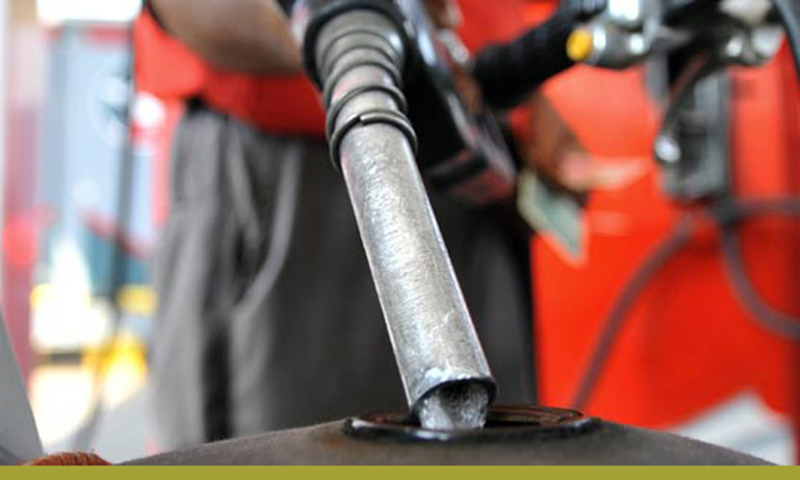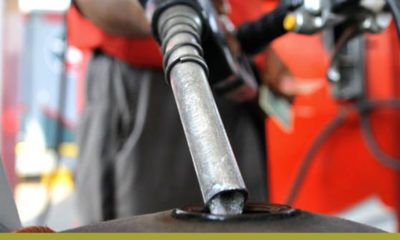The Independent Petroleum Marketers Association of Nigeria (IPMAN) is looking forward to another significant drop in the price of diesel, with expectations set on a target of N700 per litre.
This anticipation follows recent reductions initiated by the Dangote refinery, which has already seen the price of diesel decrease from over N1,200 to N1,000 per litre.
Hammed Fashola, the National Vice President of IPMAN, expressed this optimism on Wednesday, highlighting the association’s appreciation for the efforts made by the Dangote refinery to make diesel more affordable for consumers.
In an interview, Fashola reiterated IPMAN’s belief that the price of diesel could continue to decrease, especially with the recent rebound of the naira against the dollar.
Fashola stated the removal of various challenges associated with imported diesel, such as shipment costs, customs duties, and taxes, as significant factors contributing to the potential reduction in price.
With diesel now being produced locally, these obstacles have been eliminated, paving the way for lower costs for consumers.
“We still expect that diesel will still come down more. Because if you look at the dollar rate to the naira now, the currency is doing well against the dollar. The exchange rate now is almost N1,000 on the black market. We still expect that the dollar will come down more,” Fashola stated.
The IPMAN boss highlighted the collective support for Dangote and emphasized the importance of making diesel affordable for all citizens. He expressed gratitude for the recent price cuts initiated by the refinery and reiterated the association’s hopes for further reductions to benefit consumers across Nigeria.
Dangote Refinery, which began selling diesel about two weeks ago, has been instrumental in driving down prices. Initially, diesel was priced at N1,600 per litre, but it has since been reduced to N1,000 per litre.
This reduction has been welcomed by both consumers and industry experts, who see it as a positive step towards economic relief and increased economic activities.
Analysts have also weighed in on the potential benefits of lower diesel prices. Economist Femi Oladele highlighted the potential for reduced production costs, which could lead to lower prices for goods and services.
Also, savings in foreign exchange could bolster the nation’s reserves, contributing to economic stability.
Jonathan Thomas, an analyst at Sankore Investment Limited, emphasized the broader impact of fuel prices on the economy.
Lower diesel prices not only benefit consumers but also impact the total cost of production, thereby influencing the general price level of goods and services.


 Forex3 weeks ago
Forex3 weeks ago


 Naira2 weeks ago
Naira2 weeks ago
 Billionaire Watch2 weeks ago
Billionaire Watch2 weeks ago




 Naira2 weeks ago
Naira2 weeks ago




 Naira4 weeks ago
Naira4 weeks ago




 Naira2 weeks ago
Naira2 weeks ago


 Naira1 week ago
Naira1 week ago
 Banking Sector4 weeks ago
Banking Sector4 weeks ago











